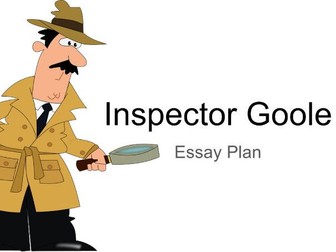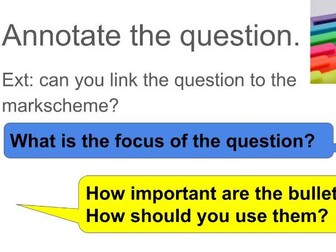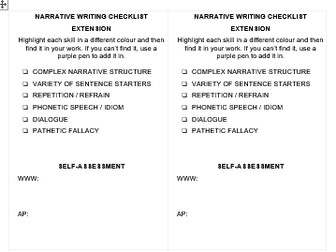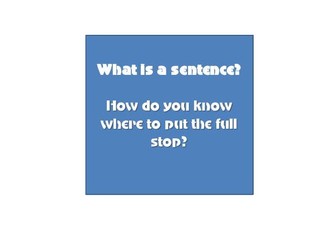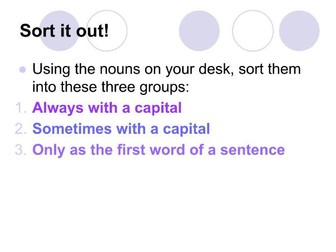Inspector Goole Essay Revision Lesson
This PowerPoint lesson is aimed as students who have studied the book and are preparing for the exam. <br />
Activity Sequence:<br />
1. Students are shown an outline essay plan with prompt questions which they add post- it notes to in order to revise key quotations and analysis. <br />
2. Students highlight a model paragraph for key ingredients (an answer slide is provided ready highlighted).<br />
3. Students then write their own paragraph using the inspector's final speech.<br />
4. Homework slide - to prepare timelines for major characters
